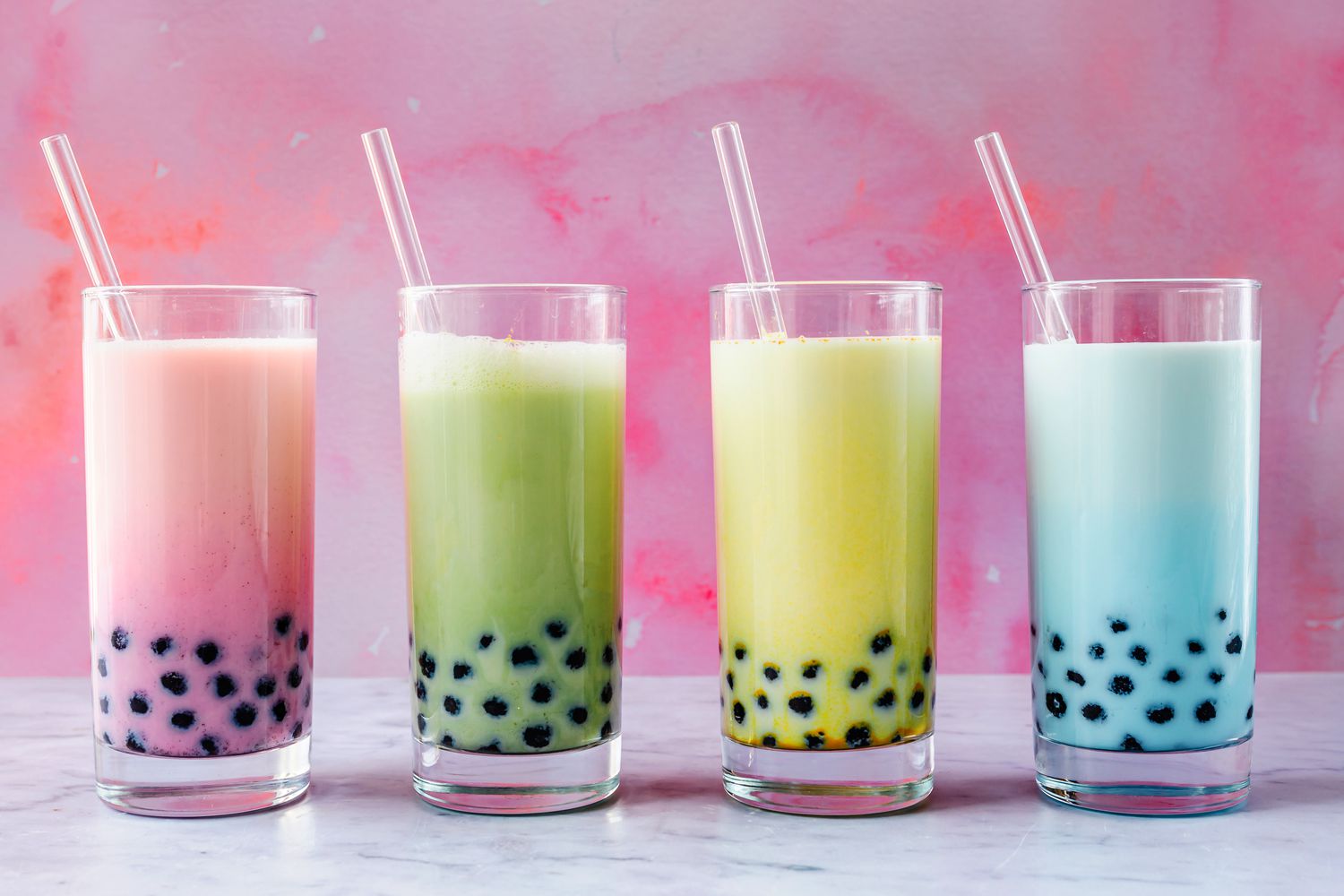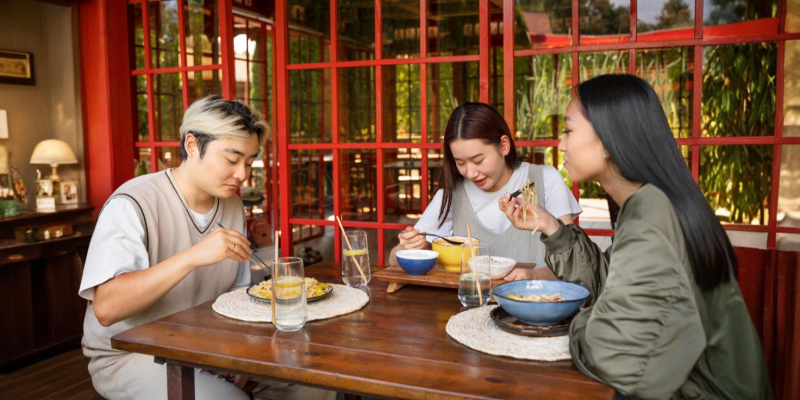
Simu Liu’s Cultural Appropriation Claim Ignites Community Response
In early October 2024, Simu Liu found himself in a TikTok uproar. The Asian-Canadian actor famous for his roles in Marvel’s Shang Chi and Canadian sitcom Kim’s Convenience called out “cultural appropriation” to two Quebec-based entrepreneurs of a CPG company selling boba. Why did the Asian community react so strongly to the pitch and the other dragons’ reaction?
Creating Distrust Towards the Asian Community
When the business owner said, “you never know what’s in boba tea,” this immediately created distrust in ethnic food. This propaganda of distrust towards Asians has been a growing theme and has exposed the community to more discrimination and harassment.
Not Being Heard
The Asian community has experienced outright racism, but much of it is subconscious bias and subtle racism. Other ethnicities experience this too, with Michelle Obama stating in her experience, “there are daily slights, in our workplaces where people talk over you, or people don’t even see you” (The Light Podcast).
When Simu Liu expressed his concern for cultural appropriation, he was interrupted by other judges. At the same time, none of the judges tried to understand his point of view, instead challenging him and making the entrepreneurs an offer. This is the daily frustration that the community faces, and watching it televised made it personal.
Lack of Recognition for Boba's Heritage
The business owners stated they started the business due to the “trend” of boba and believe they can sell the company to Pepsi for $1B in 5 years. Simu inspected the can and pointed out that there are no mentions of where boba comes from – which is Taiwan. They also claimed that boba was “not an ethnic product anymore,” a tone-deaf move that demonstrated the company’s willingness to erase the heritage of boba. This struck a nerve with ethnic minorities, who are reminded yet again of others’ willingness to profit from their products without giving them a stake. Some internet users went as far as to call this modern-day “colonialism.”
Mixed Reactions: “Who Cares, It’s Just Boba”
There were, of course, opposing opinions, even from the Asian community, with attitudes like “who cares, it’s boba,” or “Pizza has various versions in different countries.” But it’s not just about the food. Those five minutes of Simu sitting on the panel reminded us of the struggles that the overseas Asian community faces – from being treated with distrust, to not being heard, nor recognized. The judge who had her offer accepted by the boba company has since withdrawn, showing the impact the community can make when we speak up.
Final Thoughts
The backlash surrounding Simu Liu’s callout of cultural appropriation over boba reflects the underlying frustrations felt by the Asian community and Chinese ethnic groups globally. Whether it’s American-born Chinese or British-born Chinese, the issue is not just about food but rather about cultural recognition, respect, and fair representation. Moments like these, whether in popular media or everyday interactions, resonate deeply with the ESEA community and others who feel their heritage often goes unacknowledged.
As we’ve seen, the response was loud and impactful, with the Asian diaspora rallying together to raise awareness. The London Chinese Community Centre and similar organizations will continue to be vital spaces where cultural discussions can thrive, helping create a world where Asian heritage is celebrated, not sidelined, even when popular trends like boba make their way to the global stage


